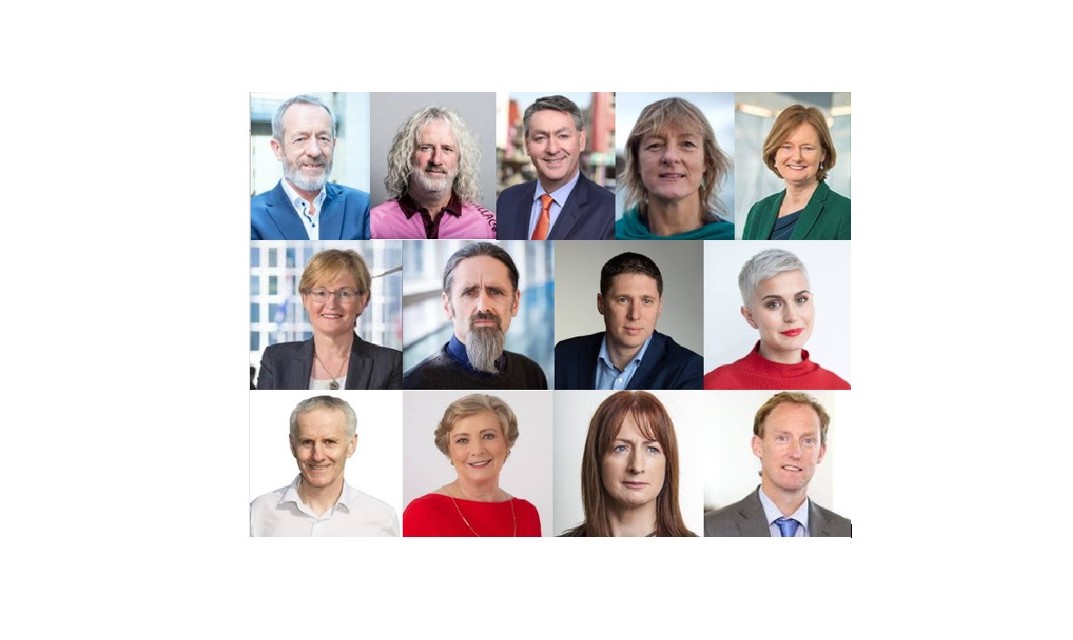European Parliament Elections

European Parliament elections were held across the EU on the 23-26 May and the newly elected and returning MEPs are set to kick off their mandate on the 2 July.
Overall the election was a mixed result. The expected surge in support for populist, far right and Eurosceptic parties largely failed to materialise, with the exception of Italy, France and the UK. However, that being said, the vote has resulted in a more politically diverse and, it could be argued, fragmented Parliament, meaning it will be difficult to reach compromises on crucial decisions.
The centre left (Socialist & Democratic Party) and centre right (EPP) parties which traditionally have held an overall majority have lost support and will now need to rely on a third party to ensure approval of legislation. The centre party, given renewed life since it joined with Macron’s La République En Marche! and now under a new name, Renew Europe, and new leadership, will be the likely Kingmaker. However, the “Green Wave” which was felt in Ireland and saw the delivery of two new seats for the Green Party (Grace O’Sullivan in Ireland South and East and Ciarán Cuffe in Dublin) was equally replicated on an EU level, driven by the surge in public debate and prioritisation of the climate change and biodiversity protection agenda. This has resulted in the European Green Party gaining an additional 25 seats and jumping from 6th position to 4th position in terms of party control, thereby cementing their decision-making power. By consequence this new Parliament will likely to more left leaning in its actions.
While there are many new faces heading to Brussels from Ireland, our three Agriculture MEPs, Mairead McGuinness, Matt Carthy and Luke Ming Flanagan are all returning and seeking to revive their role on the committee. The composition of the Parliament committees will be set on the 17 July. Close to 50% of the Agriculture Committee will be new MEPs, however very positively many seeking appointment to the Committee already have well-established knowledge of farming, either through being farmers or agronomists themselves, or through previous political roles in national governments.
One of the first files on these MEPs decks will be that of the CAP reform and the newly created Committee will need to decide whether to proceed with the position agreed by their predecessor or to start from scratch, a move that would significantly delay the reform process.
Aside from participation in the Agriculture committee, Irish MEP membership of the International Trade, Environment, Budget and Industry committees are also essential in light of upcoming key developments on trade with Mercosur and the USA, the EU’s multiannual budget which will determine the level of funding going to the CAP as well as research and innovation initiatives, the next push towards meeting the EU’s 2050 Climate Neutrality commitment and the EU’s action and reaction towards the UK’s exit, be it hard or soft.
Of course, Brexit, will have a significant impact on this Parliament, both in terms of shape and actions. Once the UK leaves the EU (be it on the 31 October or on another date in the future), the European Parliament will shrink in size from 751 MEPs to 705. 27 seats will be redistributed to other countries, with Ireland getting two seats, one in Dublin for Barry Andrews (Fianna Fail) and one in Irish South and East for Deirdre Clune (Fine Gael). This shift will mean a significant reduction in seats for the centrist party (Renew Europe) and the Far-Right party (EFDD), which is likely to collapse without their UK membership. This will reduce the influence of the far right and significantly impact its ability to block legislation.
Alison Graham – European Affairs Executive